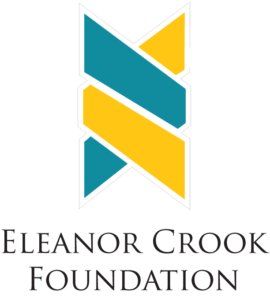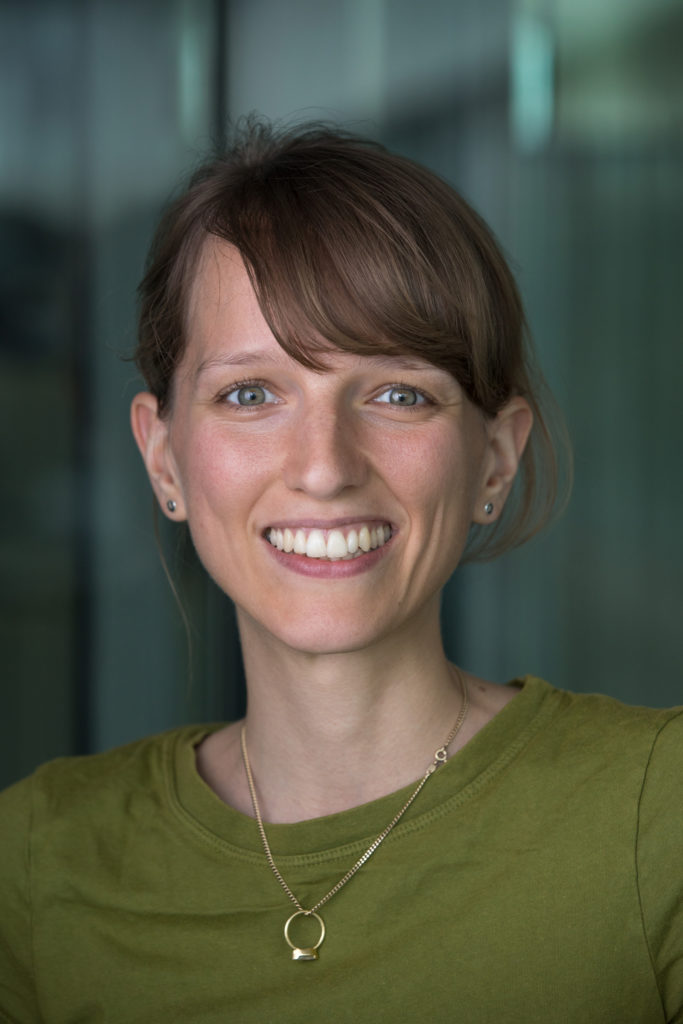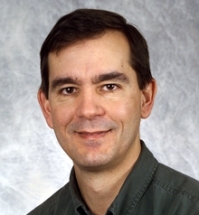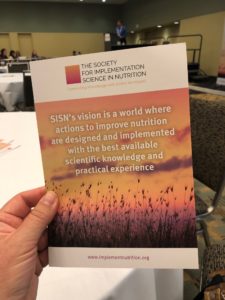A Volunteers View of SISN From Membership Working Group Volunteer, Laura S. Hackl
Voluntary contributions are the lifeblood of SISN and we actively encourage the involvement and participation of members in our activities to us help shape the future of implementation in nutrition.
SISN’s Board itself is entirely voluntary. It consists of eleven global experts, who provide leadership, strategic guidance and support to advance the development of implementation science (IS) in nutrition. Whenever possible they involve volunteers from the member base to progress our agenda, whether this is developing technical content, supporting project delivery, or contributing and reviewing outputs. Whether you are a practitioner, researcher or policy maker, this provides a range of opportunities to learn, share, and network with like-minded people in an interdisciplinary environment, as well as contributing to initiatives that positively impact global nutrition outcomes.
We asked Laura Hackl, why she volunteered for SISN, why she thinks IS is so important, and how she benefits through working closely with the Society and its Board Members.
Laura studied Pharmaceutical Sciences at the University of Vienna and received her PhD from the Swiss Federal Institute of Technology (ETH) in Zurich, where she focused on improving iron absorption from post-harvest iron fortified rice in vulnerable populations. Her research interests are maternal and child nutrition with a focus on micronutrient supply through nutrition interventions. She is currently a part of a team conducting an ongoing randomized control trial on the effects of bio-fortified staple crops on micronutrient status of Indian mother-infant pairs as well as Cochrane and other systematic reviews. Laura has been supporting SISN as a volunteer since March 2018.
SISN: How did you become interested in Implementation Science?
Laura: I have always had a great interest in science, but found the ‘practical’ aspects of it most intriguing. Since I started to work in research I’ve been driven by the question: ‘Who will profit from my research and how?’. Working in international multicultural settings for many years has taught me how important it is to translate methods, expectations, and goals into local contexts – what works in one place may not work in another and certain parameters always need to be adapted. Figuring this out is very challenging, but responding to that challenge and finding solutions is precisely what makes my work so interesting.
As an example: Based on several studies with fortified rice in Switzerland, we wanted to translate our findings in Ghana, a context that would profit from a rice fortification program in the future. We initially wanted to administer our test meals in the same way as we had done in Switzerland (rice mixed with a vegetable sauce). Thankfully, due to feedback from our wonderful collaborator in the field that this approach would not translate well in the community (where there is a preference for sauces to be served separately) we made a very simple adjustment to the test meals accordingly. This was a minor but very crucial adaptation that would have had a detrimental impact on uptake had we not engaged with our field team.
SISN: What are you working on right now that relates to implementation in nutrition?
Laura: My projects are located in the public health nutrition domain. During my PhD my research focused on iron fortification of rice, currently I am involved in a project on biofortified staple crops and how those crops can affect certain health outcomes in mothers and their children. My projects are mainly conducted in populations that are prone to malnutrition who will eventually be the target beneficiaries of the generated evidence. In addition, I am also involved in diverse systematic reviews related to maternal and child nutrition and the gut microbiome in the complementary feeding period.
SISN: You are very busy with your research, why did you decide to volunteer with SISN?
Laura: I first learned about SISN through ‘Sight and Life’. I was interested in SISN’s mission to advance the science and practice of nutrition implementation world-wide and wanted to contribute something to support it. Despite a growing interest in IS, many people are still not aware that the Society exists, why it is so important, and what it could do for them. SISN is a vital component in raising knowledge of IS and how its application can improve global nutrition outcomes. Through my involvement in the Membership Working Group I hope to increase people’s awareness of SISN, boost member recruitment and ensure we serve the needs of our members. A strong member base is vital for the Society so we can drive our mission forward and effect tangible change.
SISN: What types of tasks and activities have you been involved in as a SISN member volunteer?
Laura: As a membership organization, SISN’s success is dependent on a diverse, innovative, and committed member base. To this end, the Membership Working Group was formed to oversee all matters related to membership, recruitment and engagement. The six members meet semi-regularly to discuss goals, follow up on action items, and determine next steps. A big part of our work has focussed on developing and testing a questionnaire for existing and potential SISN members to learn more about their expectations and what they are hoping to get from engaging with SISN. This helped us to identify how SISN can add value to its current and future members and how it can advance nutrition related IS.
Also, when SISN organized a workshop during the most recent ASN conference I assisted with setup and facilitation of the workshop and we had some follow-up discussions in which I made suggestions for future events.
SISN: SISN benefits from the involvement of volunteers like you, but how have you benefited personally from engaging with the Society?
Laura: Volunteering with SISN has expanded my network and helped me to stay abreast of the latest advancements in implementation research (IR) and practice. It is great to be part of a growing initiative and contribute to shaping its future direction. The working group is very diverse so we can learn from one another – it is truly interesting to gain new insights and hear different perspectives. My overarching mission is to have a positive impact on global nutrition and it is inspiring to work alongside others with a similar motivation to achieve this goal.
SISN: Is there anything you would like to share with people who are thinking about becoming a member of SISN?
Laura: Firstly, I’d encourage them to find out more about what we do by checking out the free resources on our website. There is a wealth of information on the blog, you can access recordings of webinars, and learn more about the Society’s conceptual thinking and strategic plan. Secondly, I’d recommend joining our mailing list and following us on social media, this will ensure you stay abreast of our latest events and activities as well as developments within the field of IS. If you are interested in joining SISN you can sign up by completing the application form here. And if, for whatever reason, you’re not quite ready yet, why not drop us a line and let us know what would make joining SISN more attractive to you. We are an evolving and dynamic organization and your feedback helps us ensure that your needs are being met.
Thank you to Laura and all our SISN Member Volunteers for their contributions to the activities of our various Working Groups. Volunteers are an important part of the Society, and we are grateful for all that they do.
Not yet a member? Learn more about the benefits of memberships and how to join here.
Interested in getting involved? Write to us at info@implementnutrition.org.
This blog is brought to you courtesy of a grant from the Eleanor Crook Foundation.





